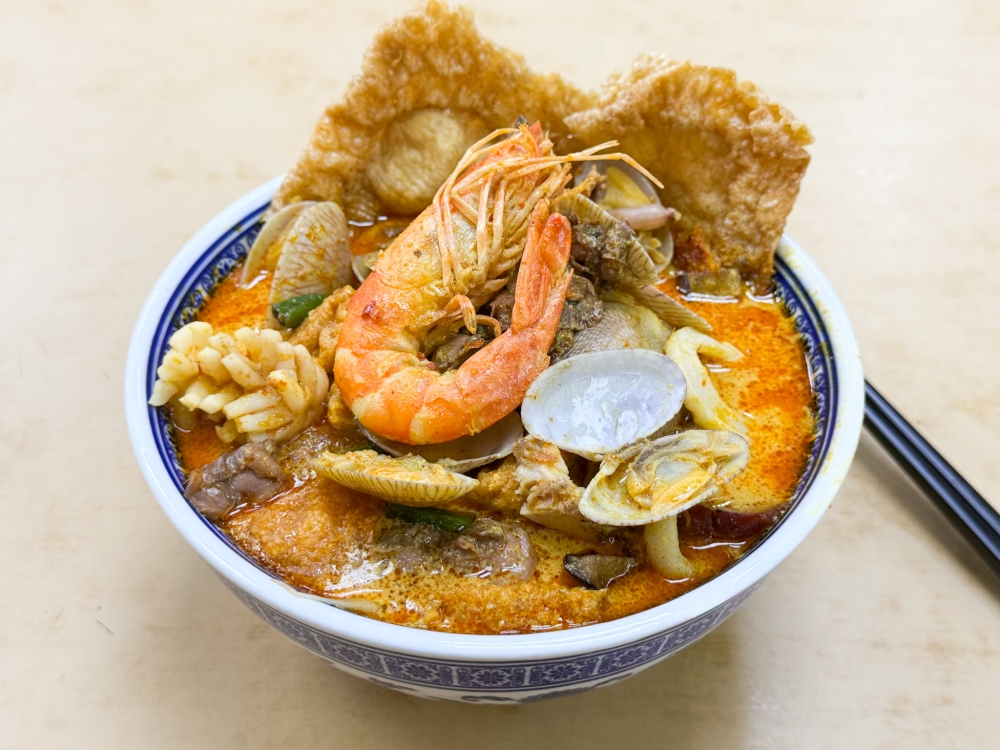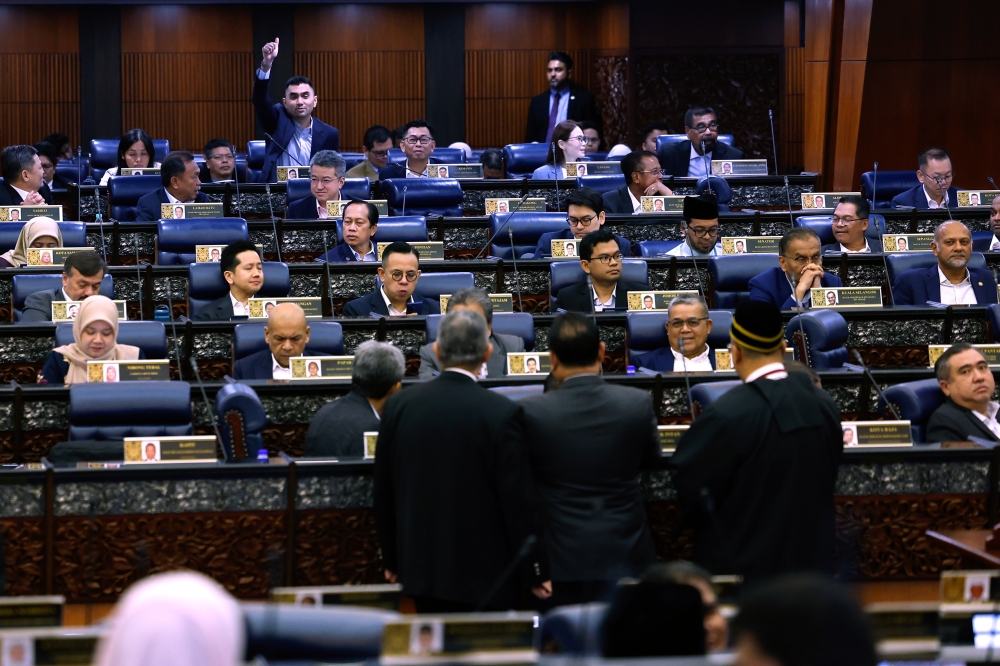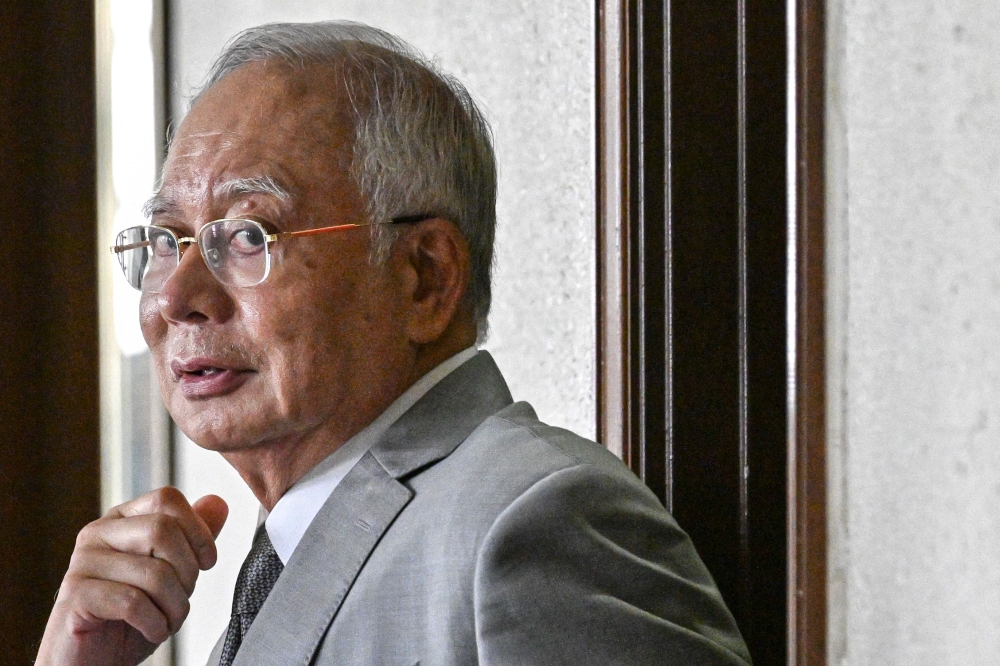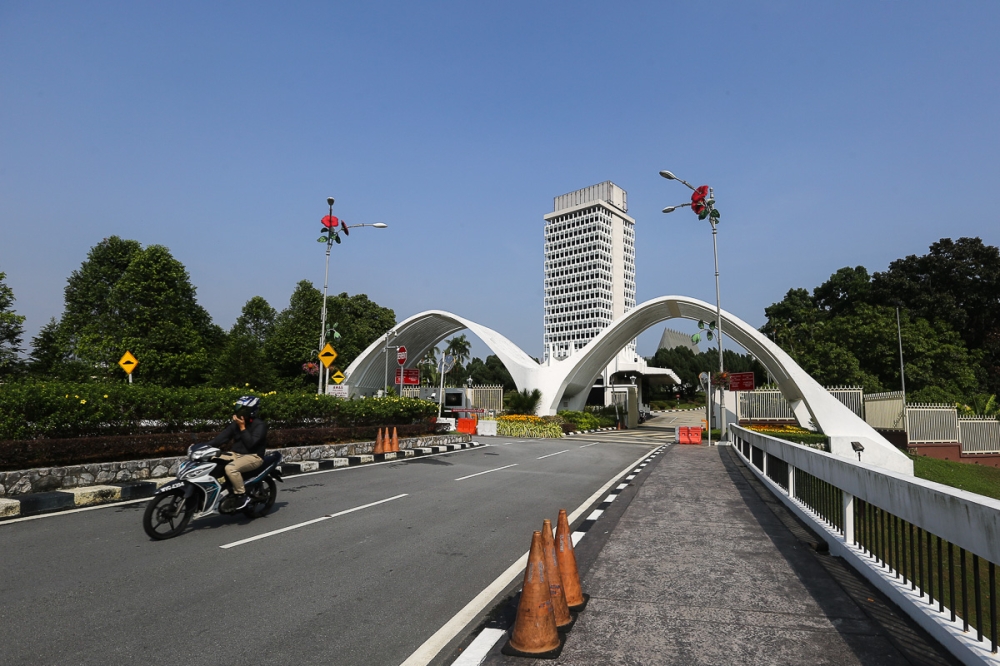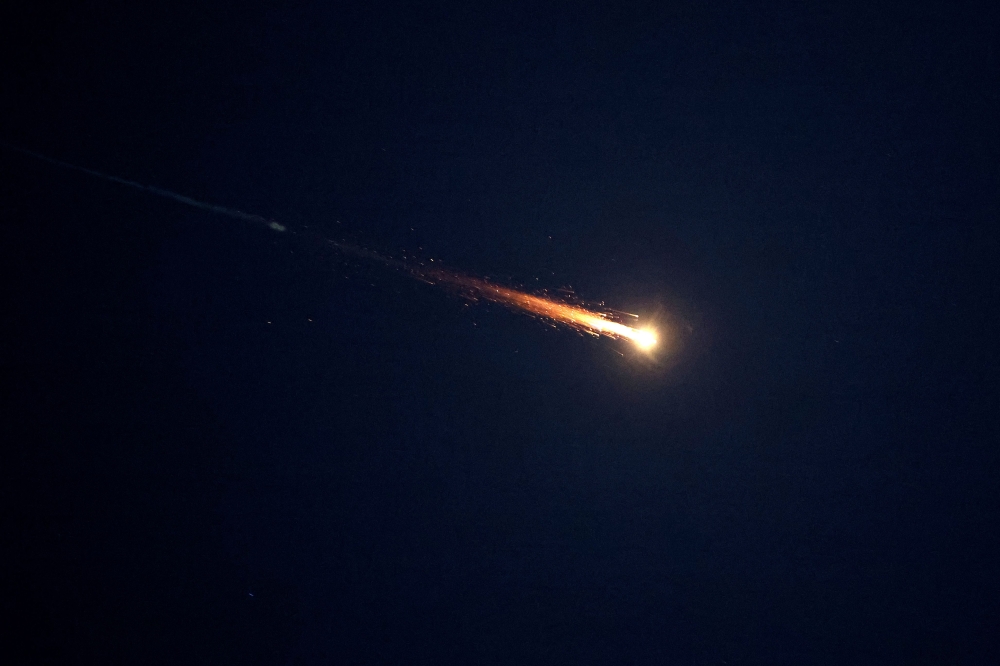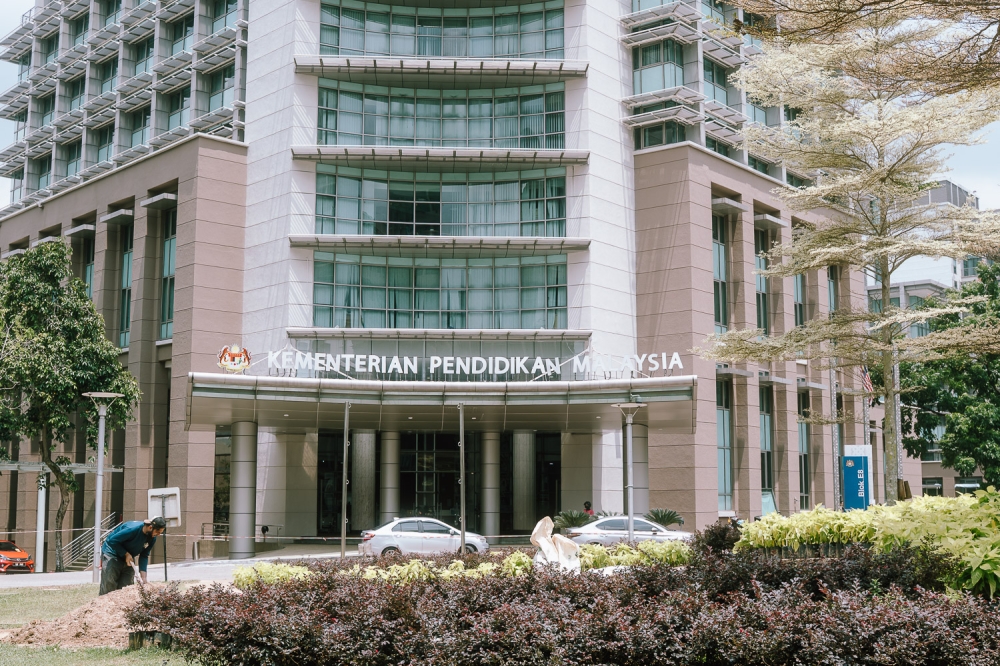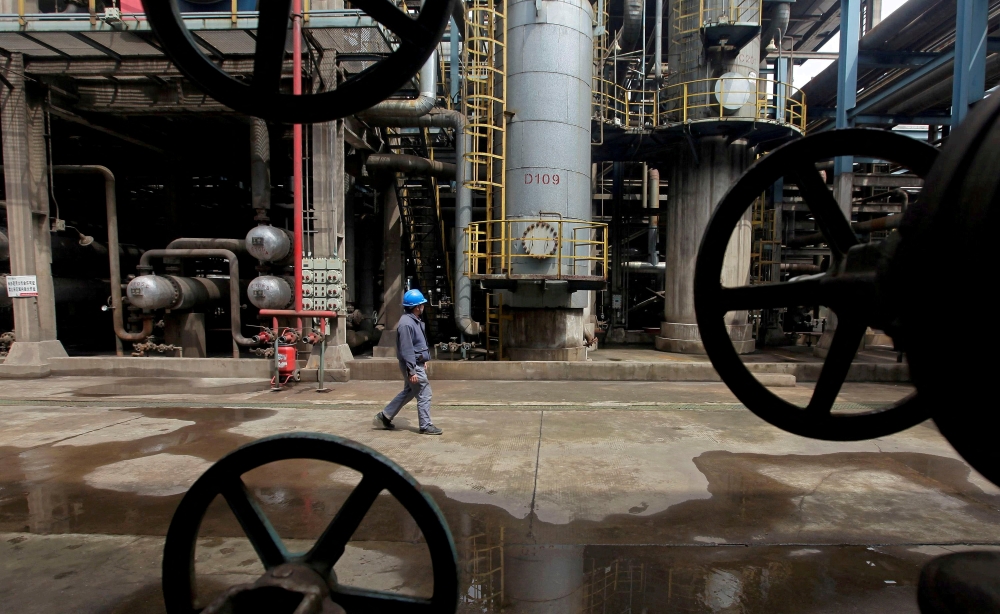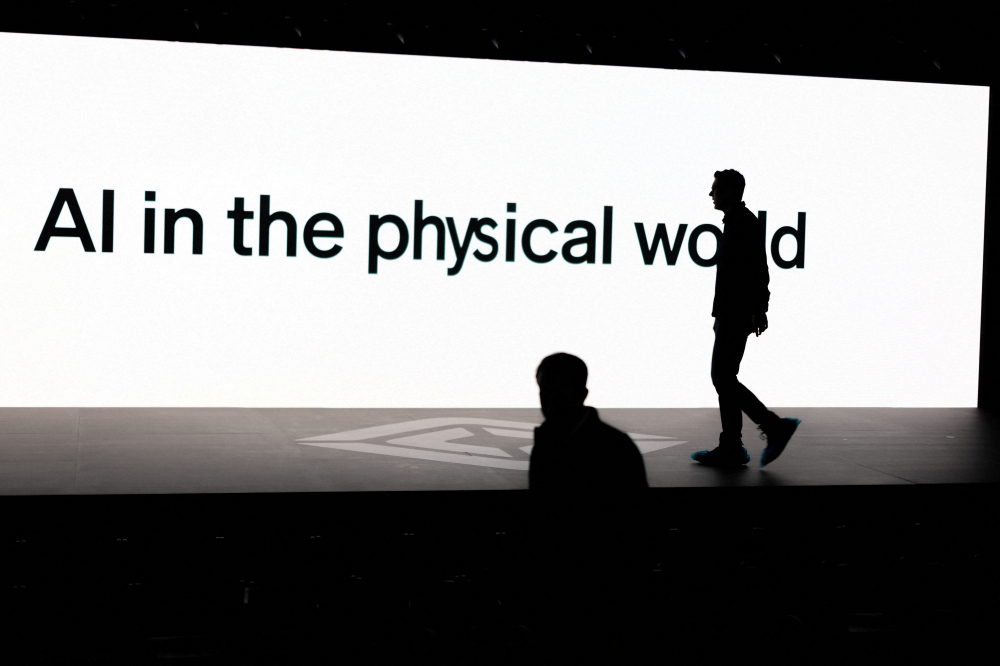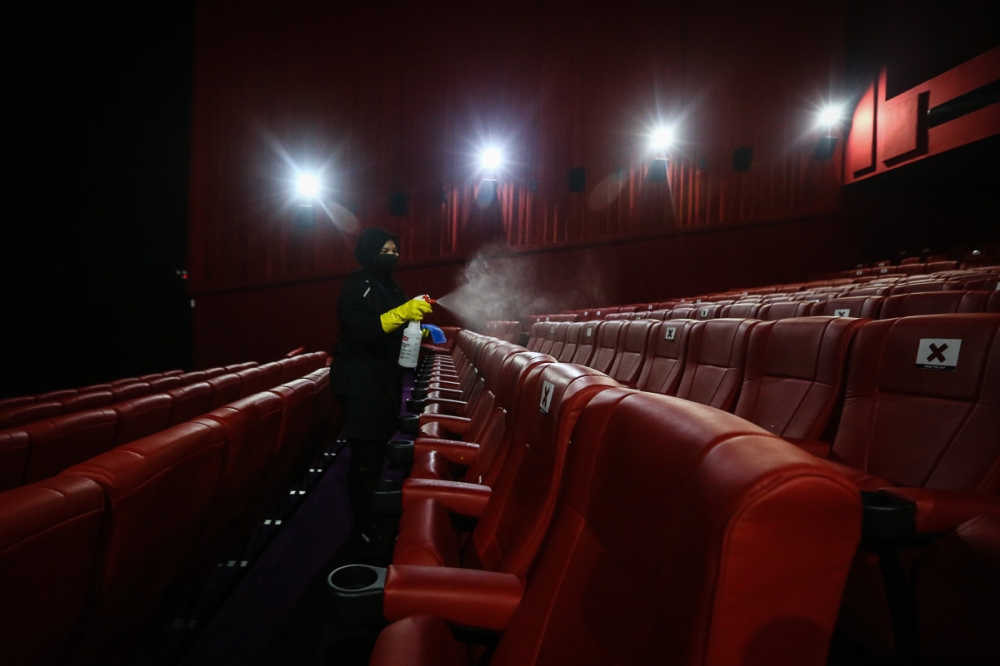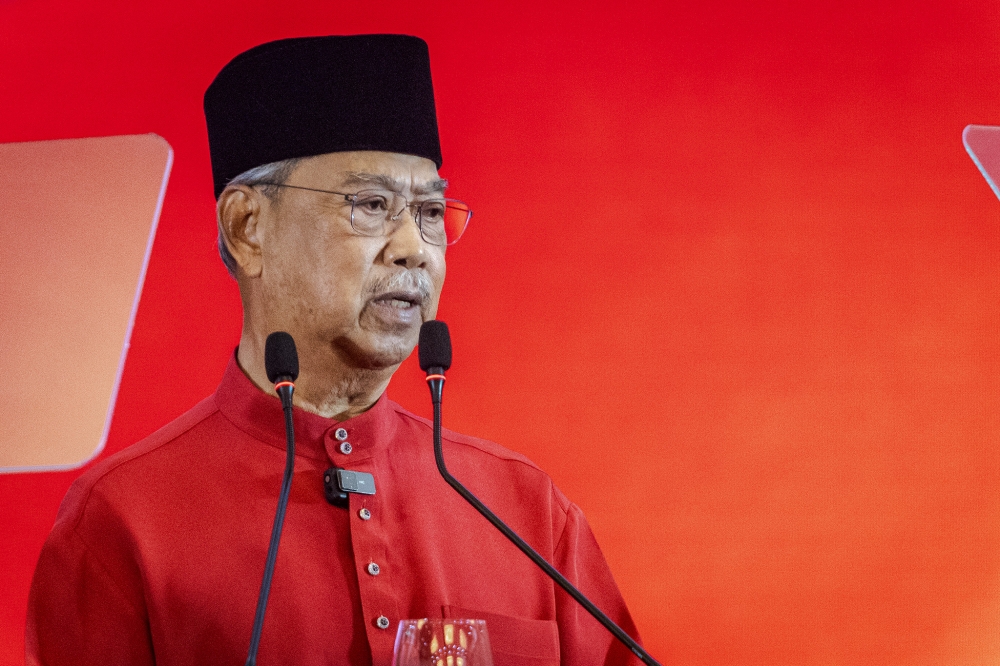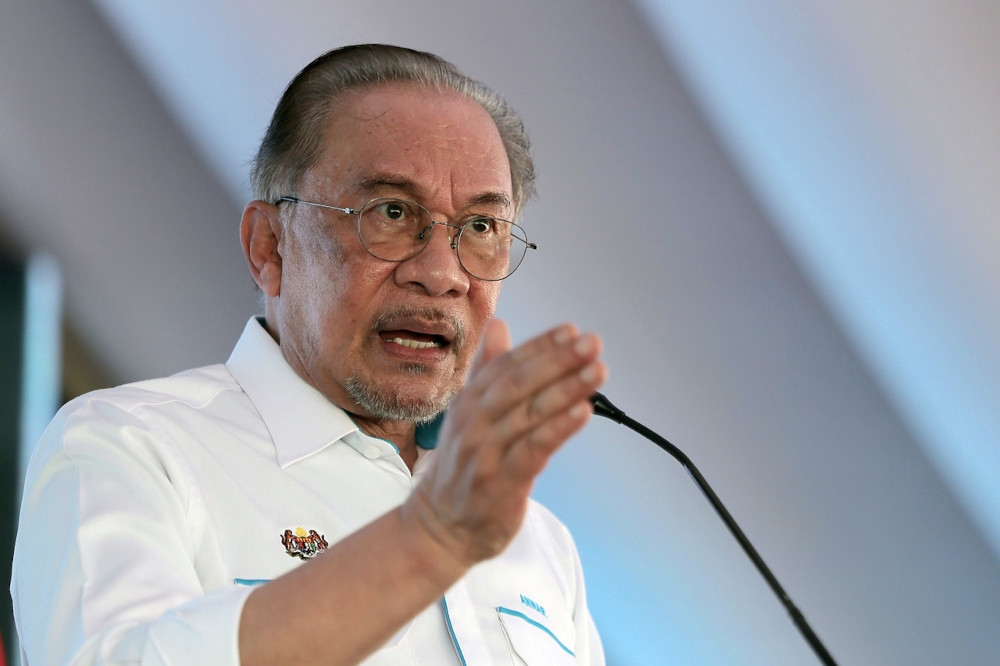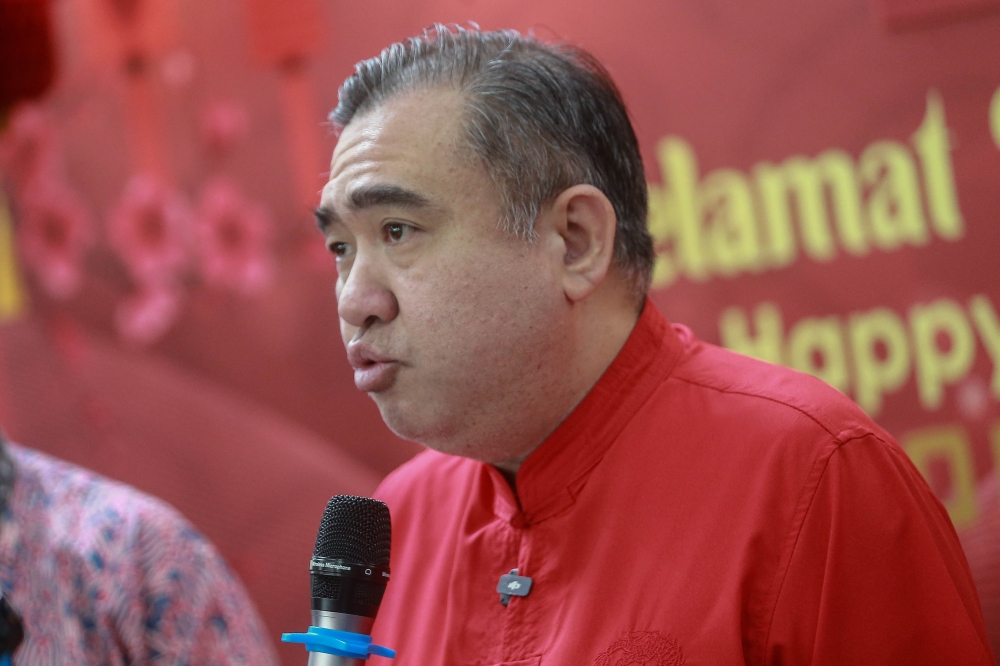JULY 31 — All around the beautiful city of Washington DC and the leafy suburbs of Maryland and Virginia, they are hard to miss; statues commemorating people and events that left a mark on American history and its psyche.
From the Iwo Jima Marine Corps memorial in Arlington to Mahatma Gandhi’s statue near Dupont circle, from the Lincoln Memorial to the Washington Monument, it’s hard not to feel that this is no ordinary city of commerce and leisure.
There is a sense of weightiness, of deliberation and of greatness. The height of the Capitol building alone seems to suggest that those who debate under it must of necessity rise above the pedestrian, the mundane, and aspire to a higher reality.
After all, statues, monuments and memorials are but tributes to moments and lives that are extraordinary, that unite otherwise divided populations, that produce a sense of awe and are a testament to the true power of humanity to punch above its weight.
Monuments can be built but only the truly inspirational survive and are visited. The fall of Saddam’s statue is almost as iconic as his ultimate fall.
When Donald Trump apparently in jest talked about being added to the Mount Rushmore memorial to famous presidents, the twitterverse exploded with memes full of horror and incredulity at this blasphemy.
On the face of it though, there is nothing wrong with idea of a president of the most powerful nation on earth believing himself to be great enough already to be immortalised in this fashion.
Of course, pretty much everybody on this planet save the 36 per cent of Americans who still support him recognise this to be idiocy of the highest order given his record in office.
From Spicey to the Mooch, from Obamacare to Trumpcare, from Flynn to Comey, it’s a disaster. So more than the office, it is the deeds that decide who or what is worthy of such honour.The more the scandals, the less favourable view history takes.
But it’s not just Trump. Who, among the famous around us today, can truly hope to be immortalised in a way that will stand the test of time? Or are we now in age of extreme cynicism where the only heroes are from Marvel and DC comics?
The Nobel Peace Prize winners list may be a good place to start, but are Mandela, Obama, Malala, Mohammad Yunus and Suu Kyi all the same? Are Federer and McEnroe the same? Bob Dylan and the Kardashians? Bill Gates and Travis Kalanick?
So, in addition to roles and deeds, the character, moral probity and all round humility also seem to be key attributes. It’s the difference between politicians and statesmen, sporting ambassadors and brats, thespians and stars. It’s the difference between hype and substance, between policy and sound bites, between empathy and self-interest.
Great deeds and great characters. Many argue that the 24-hour news cycle has made it all but impossible. Relentless scrutiny combined with partisanship and cynicism encouraged by an often hysterical media landscape makes for a celebration of the lowest, the meanest, the most vulgar. Good news is no news at all.
When we have no time to evaluate, discuss and ponder, it’seasy to make false equivalences, to believe Facebook posts as gospel and fall prey to the joy of seeing heroes fail. However, real moments of public admiration do occur and heroes are created even now.
The public eruption of mourning in Singapore at the passing of Lee Kuan Yew was no media staged PR stunt. Whatever his children may do to his physical legacy, his nation reveres him as a man of great deeds and great character.
Even so, in the age of the Internet and despite Singapore’s iron grip on the media, his flaws are acknowledged too.
Perhaps in the context of the information economy, while role models and memorials will still continue to serve us as inspiration, they will be celebrations of being human and yet extraordinary, nuanced and grey rather than absolute black and whites.
Closer home, for instance, will Dr M’s long years of public service be seen as the catalyst to Malaysia’s transformation or as an opportunity lost? Did his predecessors and those who followed him accomplish more? Did they have more moral fibre, more humility? Who punched above their weight? Come the much touted TN 2050, who will be remembered more, and for what?
Roads and enclaves can be named after anybody, but perhaps the true test is this; which ones get reduced to acronyms whose full form is forgotten, and which are still pronounced fully and with pride.
* This is the personal opinion of the columnist.






